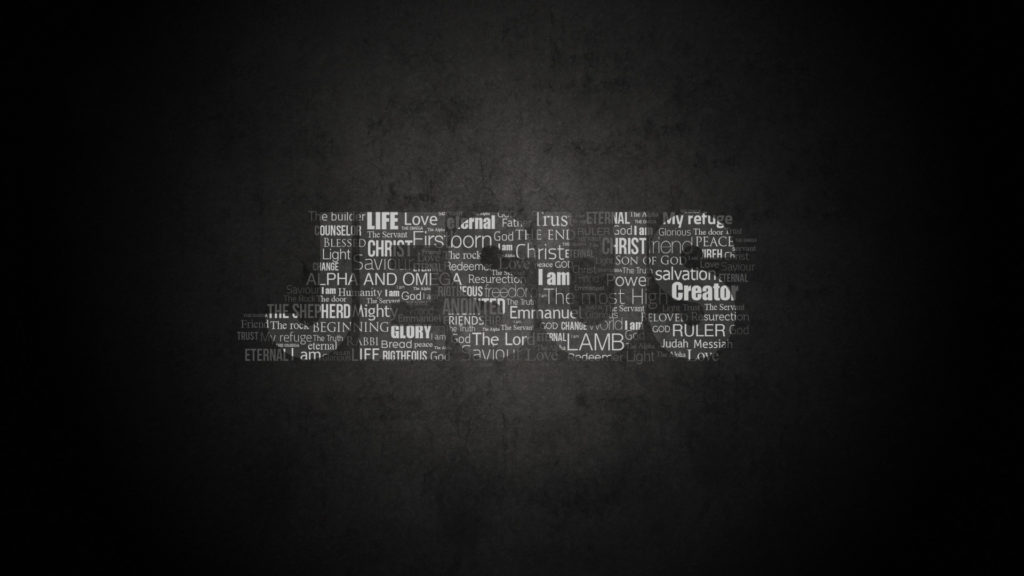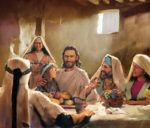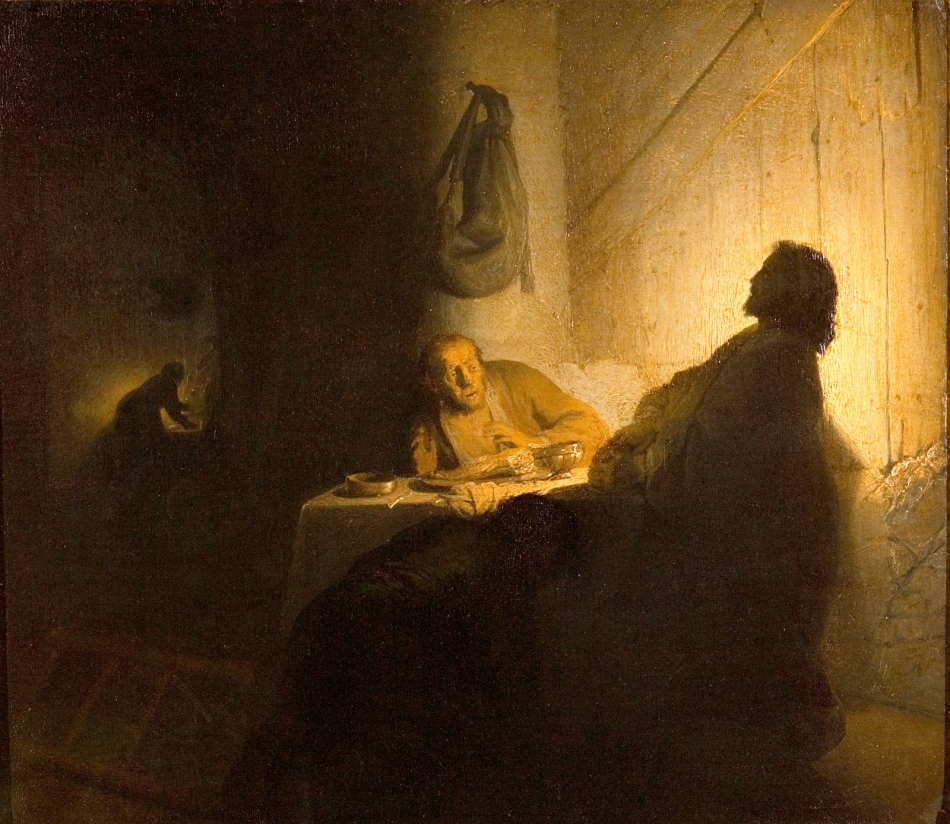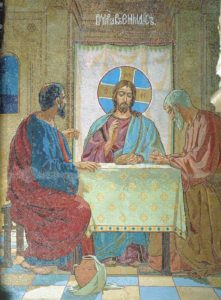It’s not just a metaphor. It’s very real. As the Body of Christ, the Church is the physical, tangible, concrete, flesh-and-blood presence of Jesus in this world. Paul says, “I’ve been crucified with Christ and I no longer live; Christ lives in me!” Jesus Christ lives with and in and through his Church. Jesus and the Church are the same. You can’t have Jesus without his body. You can’t know Jesus without recognizing his body. You can’t be in relationship with Jesus and have nothing to do with his body.
That’s the way Jesus sees it. That’s how he talks about it. That’s how he’s always viewed it. Jesus is the Church; the Church is Jesus.
Saul’s on the road to Damascus when Jesus appears and blinds him with his light. “Saul, Saul, why are you persecuting me?” Saul’s thinking, “I’m not persecuting you. I’m beating up these lousy Christians who are blaspheming Scripture.” No, in the eyes of Jesus, you mess with the Church, you’re messing with Jesus himself.
It was always this way.
“He who listens to you, listens to me.” (Luke 10:16)
“He who rejects you, rejects me.” (Luke 10:16)
“He who receives you, receives me.” (Matthew 10:40)
Jesus authorizes the Church as his body on earth to do all the things he did.
“Heal the sick who are there and tell them, ‘The Kingdom of God is near!'” (Luke 10:9)
On that last night he tells his gathered followers, “I tell you the truth, anyone who has faith in me will do what I have been doing.” (John 14:12)
And we do, right? We heal the sick and proclaim the coming of the Kingdom. And we turn the other cheek and go the extra mile, we love our enemies and pray for those who persecute us. Why? Jesus says so you can be like me. So you can become sons and daughters of your Father in heaven. So you can reveal me.
When we forgive the ones who sin against us, people see Jesus. When we’d rather be wronged than to fight for our rights, people see Jesus. When we sacrifice and serve, when we consider the needs of others more important than our own, people will meet the Lord Jesus in us.
And the world will treat us just like it treated Jesus. Paul says he carries in his own body the death of Jesus so the life of Jesus may be revealed, so that Jesus’ life may be revealed in our (plural) mortal body (singular).
So, as the Body of Christ, we always side with the oppressed, never the oppressors. We always stand with the minorities, we always take care of the refugees, we always look out for the weak. We never discriminate, never judge, and never use force. We always give, always forgive, and always show love.
Jesus is the Church and the Church is Jesus. We must do the things Jesus did in the ways Jesus did them. If anybody’s going to meet Jesus in this world, they’re going to meet him through the Church, the Body of Christ.
Peace,
Allan











Recent Comments